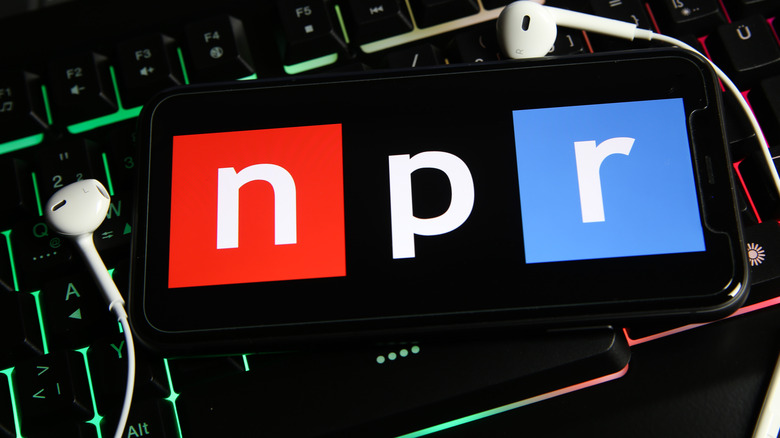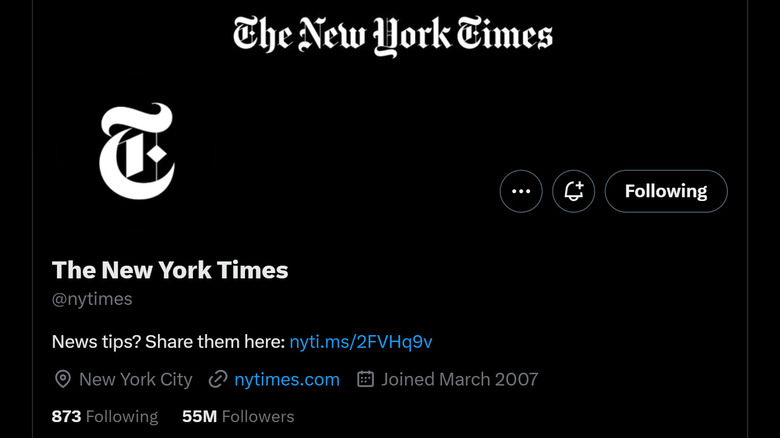NPR Quits Twitter Following 'State-Affiliated Media' Controversy
NPR has become the first major media organization to "quit" Twitter after being labeled "state-affiliated media" by the site. The designation is usually applied to propaganda outlets funded by the governments of nations like Russia and China. Twitter seemed to acknowledge the blunder and went on to re-label the outlet "government-funded media." The platform's owner, Elon Musk, suggested the label may again be changed to "publicly funded" during an interview with the BBC. When questioned by an NPR journalist about his knowledge of how the outlet functioned, Musk also admitted he might have been mistaken in his assessment.
However, the label changes aren't enough to appease NPR's chief executive John Lansing, who has said, "The downside, whatever the downside, doesn't change that fact. I would never have our content go anywhere that would risk our credibility." In a story about the move posted on its website, NPR states that less than 1% of its funding is derived from the Corporation for Public Broadcasting, a federal institution. In the same piece, NPR describes itself as "a private, nonprofit company with editorial independence."
The company's 52 official Twitter accounts are set to go silent indefinitely, though the journalists employed by NPR may remain on the platform. The company states it's up to the staffers to decide whether to stay on Twitter. However, it mentions a two-week "grace period" where reporters and other staff members on the platform can "revise their social media strategies."
NPR isn't the only organization Musk has butted heads with
While NPR is the first major organization to declare it is leaving the platform, it isn't the only outlet Musk has butted heads with lately. Recently, the billionaire publicly stripped the New York Times of its blue checkmark after the newspaper stated it would not be paying for verification. Musk publicly criticized the organization and its coverage on his personal Twitter. Verification in the New York Times' case would cost the outlet $1,000 per month for their main account, plus $50 per month for each staff member it wanted to give an affiliate verification to.
The White House has also stated it won't be handing Musk any money. Despite this, the office and residence of the U.S. president hasn't lost its verification badge. On the contrary, it's been switched to one of the special grey ones designated for "government or multilateral organizations."
The different colored checkmarks for different types of users or entities were announced after the initial chaos that followed the new verification system. Everyone getting a "blue" checkmark for $8 resulted in accounts that could easily impersonate the official accounts of public figures and businesses at first glance. As a result of that chaotic period, the relaunch of Blue was delayed, a waiting period for verification was introduced, and different colored checkmarks were introduced for businesses and officials.

